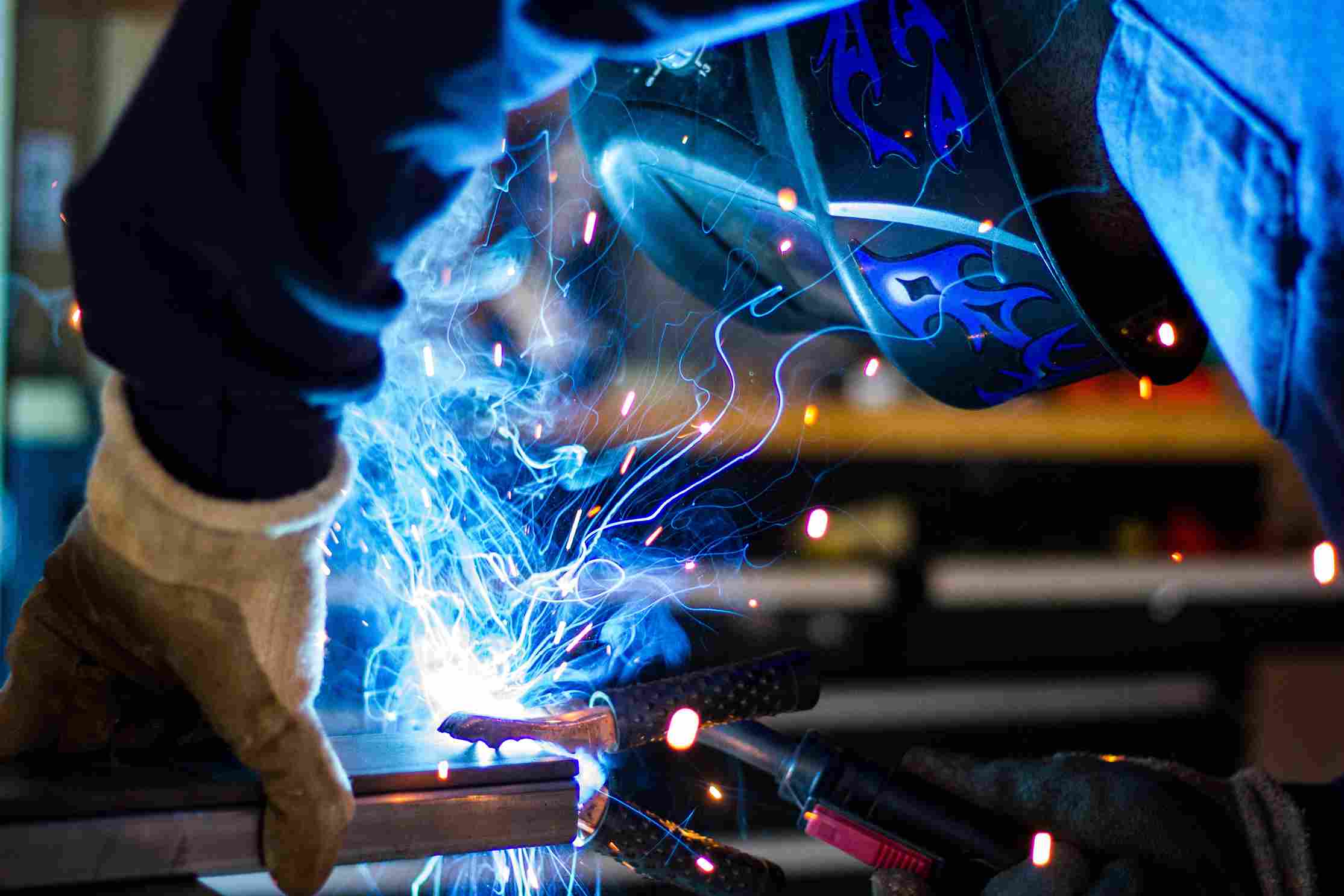If you’re looking to become a steel manufacturer, you may want to consider an alloy production business. Aluminium and iron are the two most commonly used metals in the manufacturing process, and producing both simultaneously leads to more robust steel. Additionally, these types of businesses often have economies of scale that make them more competitive than other businesses.
However, it is essential to note that not all alloy production businesses are strong; therefore, be sure to do your research before making any investment decisions. Also, keep in mind that this industry is prone to economic volatility and periodic price spikes that negatively affect your bottom line. So please avoid investing money into this type of business unless you are confident that it will be profitable for years to come!
What are the main reasons why steel manufacturers are strong?
The steel industry is vital because many areas of growth benefit the sector. Steel demand is increasing in both developed and emerging markets, which has helped to support prices. Steelmakers also benefit from a strong global need for rails, tubes, structural Members (SMs), wire rods, and other products. Additionally, the rise in construction activity across many countries is helping to drive up steel prices. And finally, there is a growing trend toward eco-friendly materials that use less metal than traditional construction methods.
These factors have contributed to increased production by steelmakers over recent years, which has resulted in higher profits for companies such as ArcelorMittal (M.T.) and Nippon Telegraph & Telephone Corp (N.T.T.) Sumitomo Metal Co., Ltd.
What are the benefits of being a strong steel manufacturer?
If you’re seeking for a steady and lucrative job, producing durable steel may be the path for you. Due to the rising demand for luxury items such as automobiles, residences, and appliances, steel makers are often in great demand.
As a result, strong steel manufacturers can enjoy long-term stability by producing products that consumers want and need. Additionally, strong steel manufacturers usually have robust supply chains with many partners. This ensures that they can meet any unexpected demands quickly and efficiently.
Moreover, strong steel manufacturing is an energy-intensive process that requires large amounts of raw materials (steel scrap) to be processed into finished products. This means that strong steel manufacturers can generate a significant income from their operations.
What are the challenges that steel manufacturers face?
Steel manufacturers are facing several challenges, including the following:
-The decline in world steel demand has led to a reduction in profits for companies that produce this metal.
-Due to environmental regulation and other factors, there is increasing competition from alternative materials such as aluminium and plastic.
-Steel prices are relatively high compared with other metals, making it less competitive than alternatives on the market.
How can steel manufacturers strengthen their competitive edge?
There are some ways that steel manufacturers can strengthen their competitive edge, including research and development, product innovation, and increased production. By focusing on these areas, they can help to stay ahead of the curve and increase demand for their products.
Steelmakers should also focus on increasing efficiency through improved processes and technology. This will allow them to produce more goods with fewer resources while lowering costs associated with manufacturing. In addition, they should continue to invest in marketing efforts so that consumers know about the advantages of steel over other materials.
Related Content: How To Stop Unnecessary Payments In Your Business
What strategies should steel manufacturers adapt to stay ahead of the competition?
Steel producers need to take a more active approach to marketing in order to keep up with their rivals. Developing fresh and appealing items should also be a priority. Additionally, steel manufacturers should increase their production capacity to meet increased demand from buyers around the world.
Another critical strategy is improving efficiency at the plant level by optimising operations and reducing waste. This will help lower costs while increasing output. Finally, steel producers should keep a close eye on global trade developments because these could significantly impact prices and demand for their products.
Is there a recession looming for the steel industry? If so, how will it affect steel manufacturers?
Steel manufacturers are always very concerned about the economy because they rely on a strong and stable economy. If there is a recession in the steel industry, it could have significant consequences for companies like Caterpillar and A.K. Steel. These two companies manufacture almost half of all steel produced in the United States, so any decrease in demand would damage their bottom lines.
Steelmakers also depend heavily on government policy regarding tariffs and quotas. If these policies change drastically or if protectionist sentiments continue to rise, then production at mills around the country will decline significantly. This has already started with China’s import restrictions limiting American imports of iron ore and other materials used to produce steel products.
It is essential to stay up-to-date on global economic developments to make informed decisions about your investments and how they may impact your job security or lifestyle choices.
What are the opportunities and challenges that steel manufacturing companies should be aware of in the coming years?
There are many opportunities and challenges that steel manufacturing companies should be aware of in the coming years. The possibilities include growing demand for construction materials and increased automation in the industry. This results in more jobs being created in the steel sector, which is good news for workers who have experience working with metal.
On the other hand, there are also risks associated with this growth. For example, suppose global trade tensions continue to escalate, or tariffs increase on imported metals. In that case, manufacturers may find it difficult to compete on a price basis and see their profits decrease. Additionally, if China decides to stop buying large quantities of U.S. Steel products due to Trump’s protectionist policies, this would also pose a significant threat to these companies’ financial stability.
